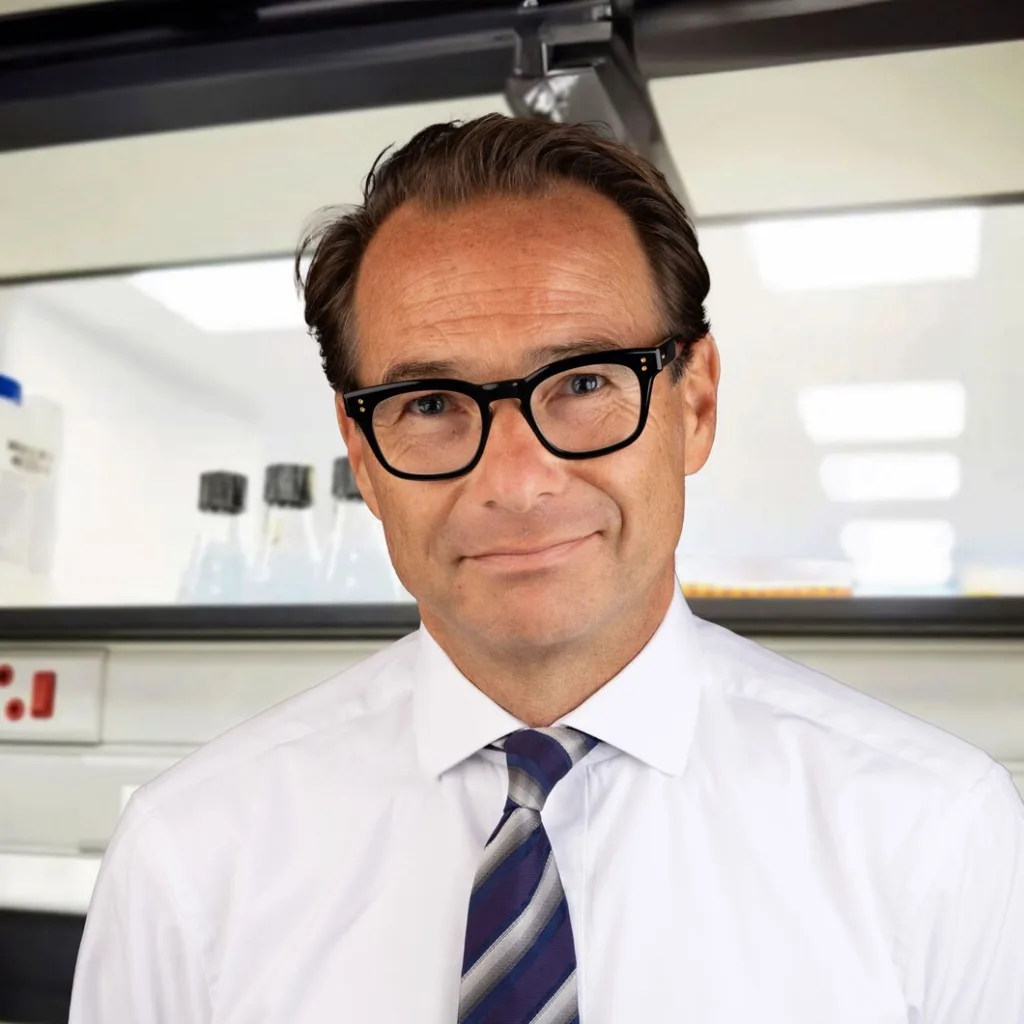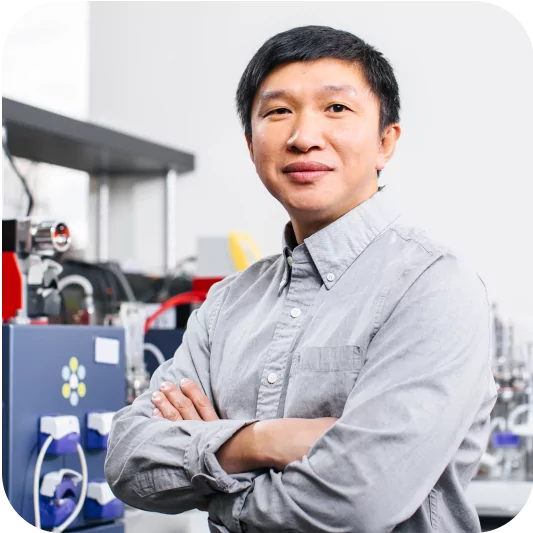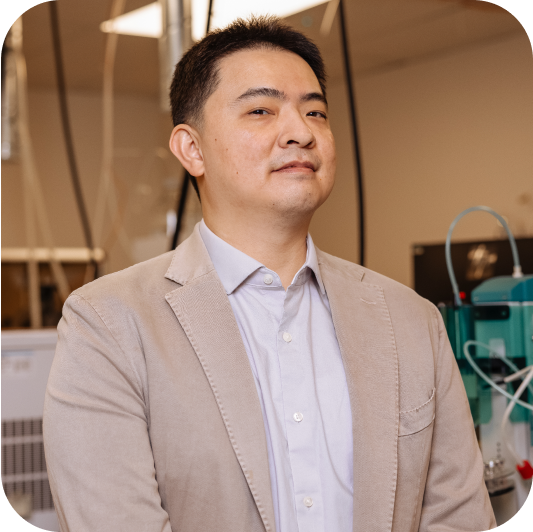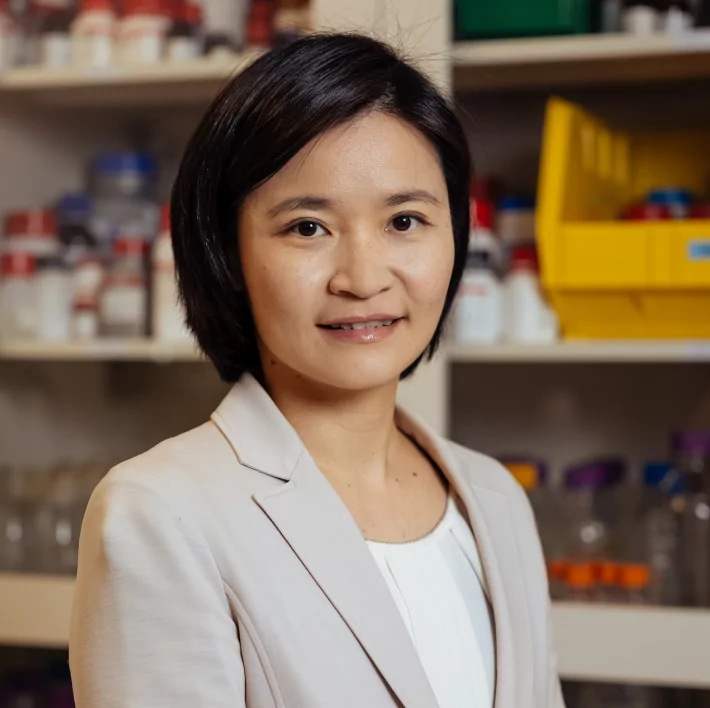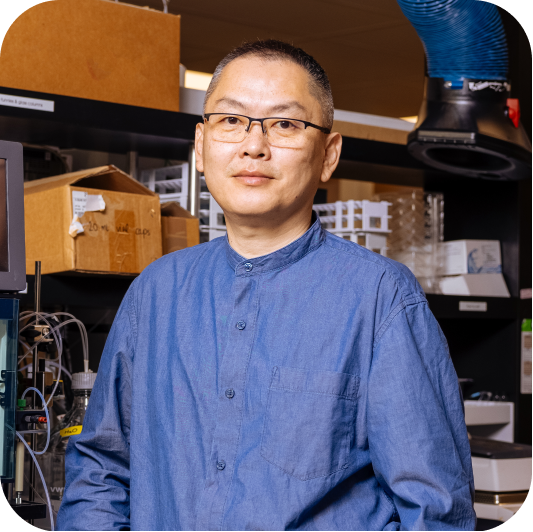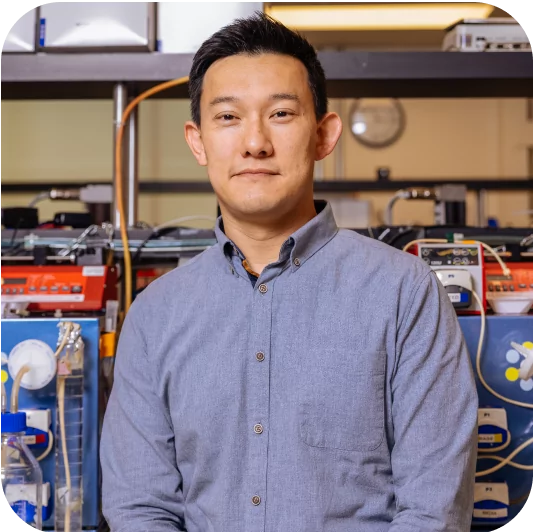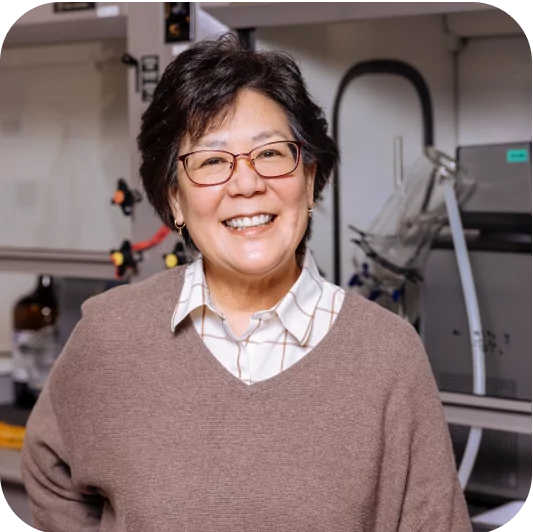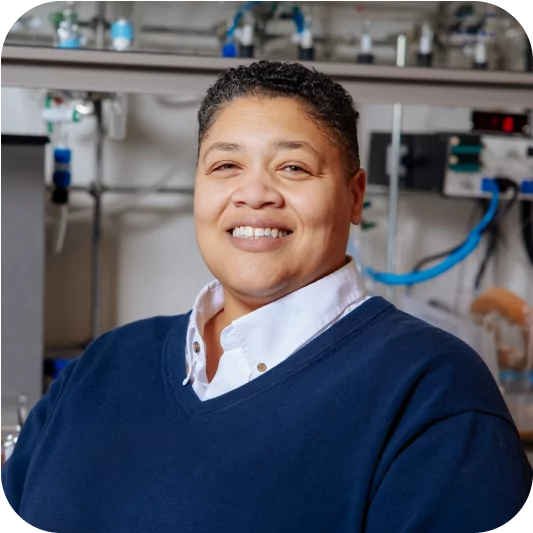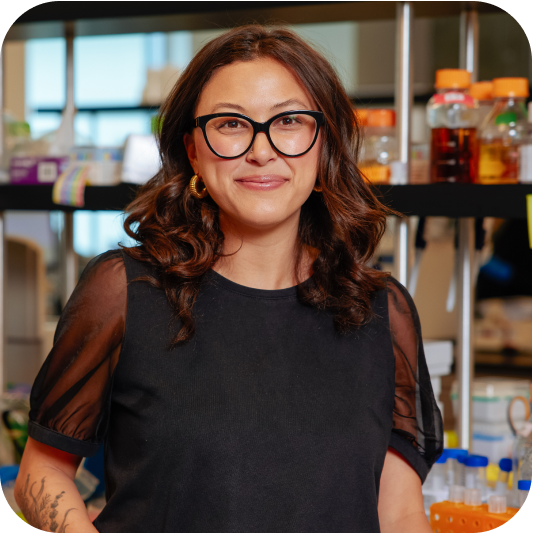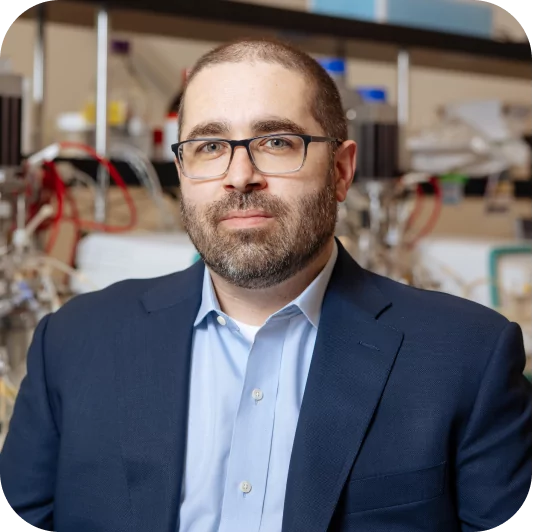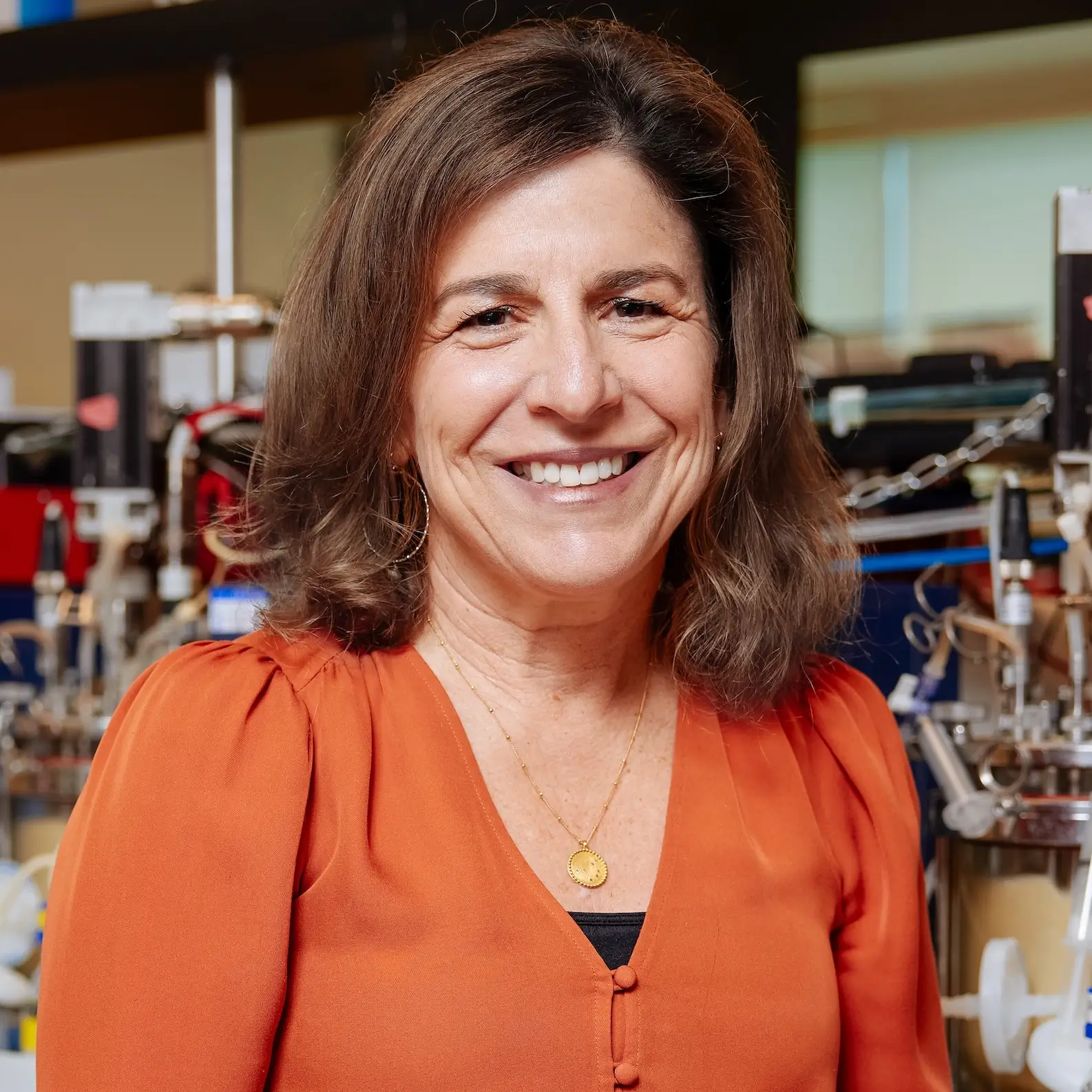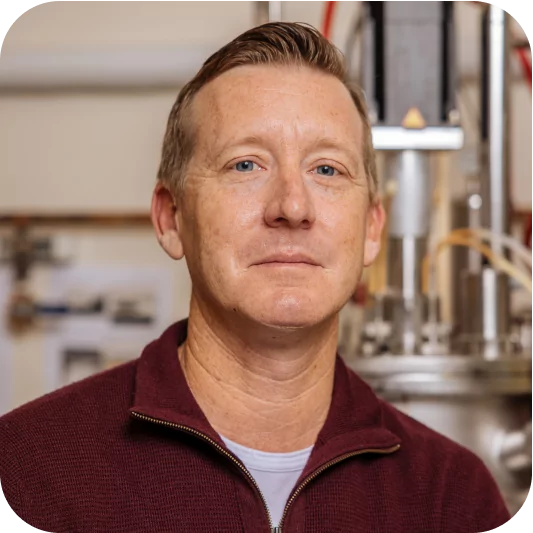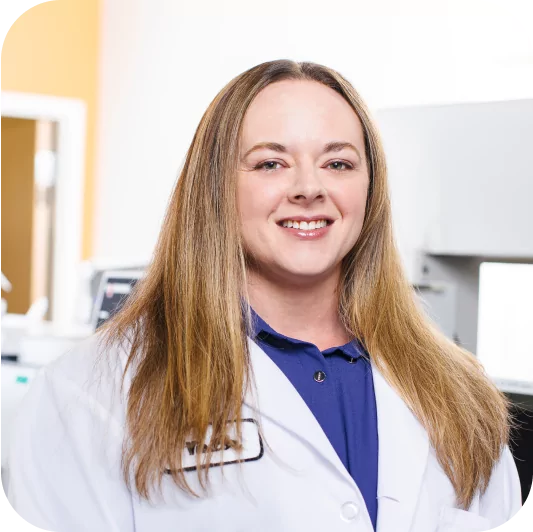Synthetic biology isn’t a household name – yet. But it will be soon, because it’s a thriving, innovative field that’s solving some of humanity’s greatest and most pressing challenges.
It’s easy to say this because it’s my life’s passion, but to my core I believe it to be true. When I started my career in the early 2000s in the biochemical engineering and bioengineering labs of Caltech and Stanford, synthetic biology, or synbio as we call it, was more of an academic enterprise than the booming industry it is today. And while it’s a relatively young field in comparison to the other sciences – it is moving on an exponential path. It has transitioned from university labs to the boardroom just within the past decade, and with the current state of humanity’s technological advances and information sharing, we expect that synbio’s scientific evolution will continue to accelerate in ways that we can’t yet fathom.
It goes without saying that I, and so many synthetic biologists like me, believe that synbio is the future of biological scientific advancements, with sweeping, real-world implications, some of which are heavily humanitarian in nature. We have proof of that potential growing rapidly in our very own labs. For Antheia, that proof comes in the form of sustainable essential medicines that we’re evolving at breakneck speeds. Sustainable medicines that show promise of reducing population vulnerabilities, bolstering supply chains, and flattening health equity challenges as they pertain to pharma supplies.
We saw this in action when synbio tools, technologies, and methods were leveraged for the COVID-19 response, critical to the development of mRNA vaccines and antiviral therapeutics, which have saved countless lives globally. Though the general public didn’t have the same level of awareness of the how of this production, lawmakers certainly took notice. Recently a bipartisan group in Congress called for Health and Human Services to fortify domestic pharmaceutical supply chains using these technologies.
That’s the greatest impact for synbio thus far, in healthcare and medicine, where the possibilities for life-saving treatments are endless. At the same time, synbio is creating a new, more sustainable paradigm for manufacturing. It is already providing alternatives to materials like plastics and leather and enabling the bioproduction of rare and valuable molecules, including medicines that are in short supply. That’s part of what makes Antheia’s platform for producing essential drugs that would otherwise be inaccessible so exceptional; we’re doing it using the power of genes and fermentation – and in weeks instead of years.
The work sits at the intersection of emerging and established fields, from genetics to computational and molecular biology. In addition to this transformation, in the two decades since its inception and current evolution, the field has already given rise to new companies, jobs, and current and emerging career paths. We’re at a phenomenal place in our history – lucky to be witnessing synthetic biology become one of the most transformative technologies of our lifetimes. But to sustain this, to support what’s to come, we have an urgent need to build our ranks, to hone and recruit junior innovators and promising candidates to be the next generation of thought leaders in our field.
It is critical that while doing so, we’re also mindful to build a diverse industry that embodies the multidisciplinary nature of synbio. Talented molecular biologists are essential, but we need to reach beyond, to fermentation scientists, software and AI engineers, downstream process engineers, data scientists, software and AI/ML experts, and social scientists.
Now is the time for bright minds to join the industry and establish the principles, standards, and precedents that will fuel the next wave of innovation. To deliver on the full potential of synbio, we need to welcome new participants into the field and invest in their careers. In the same way that the tech industry has encouraged more young people to study software engineering, we must inspire, coach, and mentor the next generation of innovative thinkers and doers, who will take synthetic biology to greater heights and uncharted frontiers.
We hope you’ll join us.
